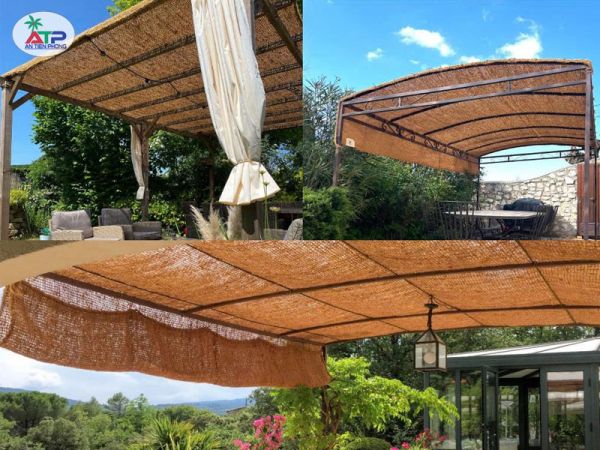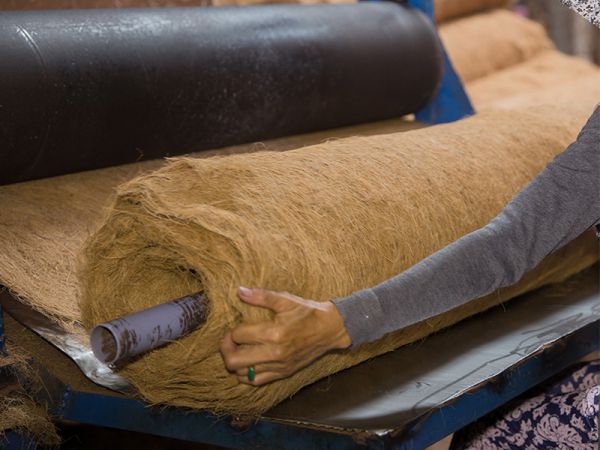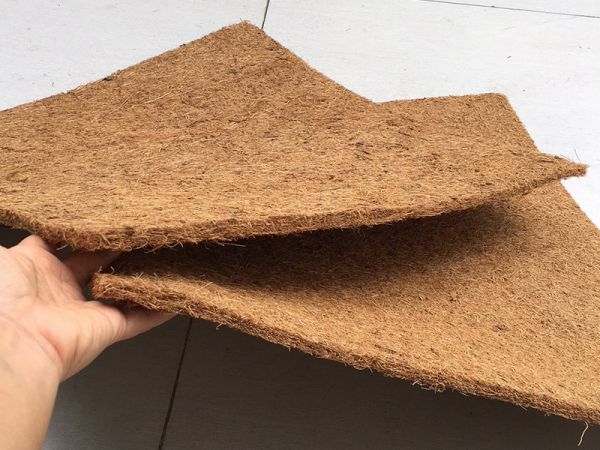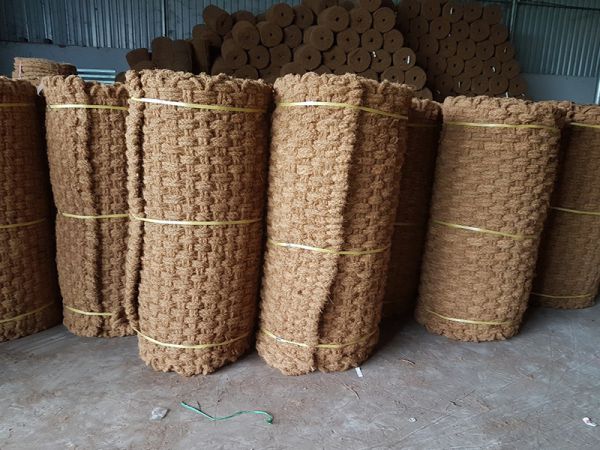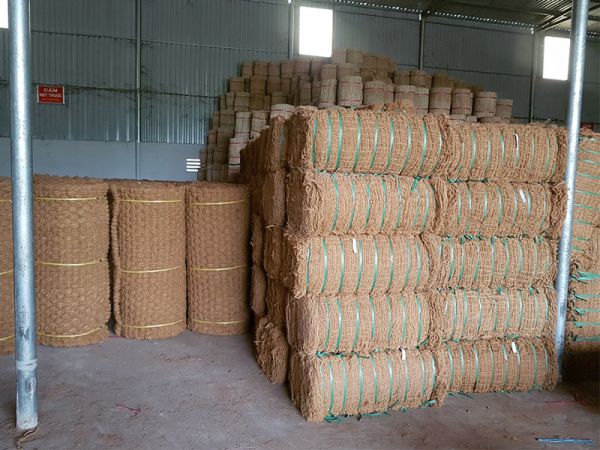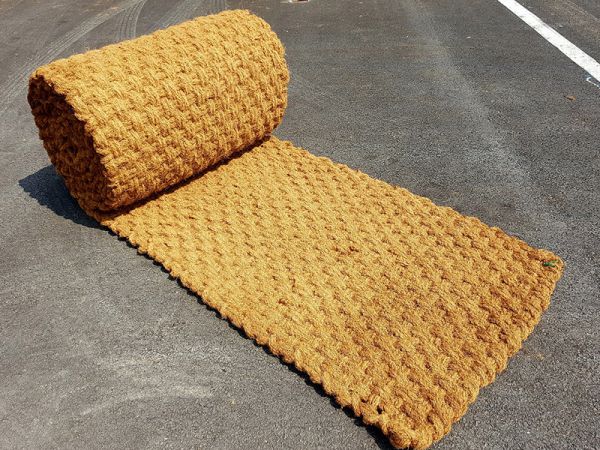Over time, continuous cultivation can cause soil to become compacted, depleted of nutrients, and less fertile, leading to poor plant growth and reduced yields. A natural, safe, and cost-effective solution increasingly favored by farmers and gardeners is coconut husk chips.
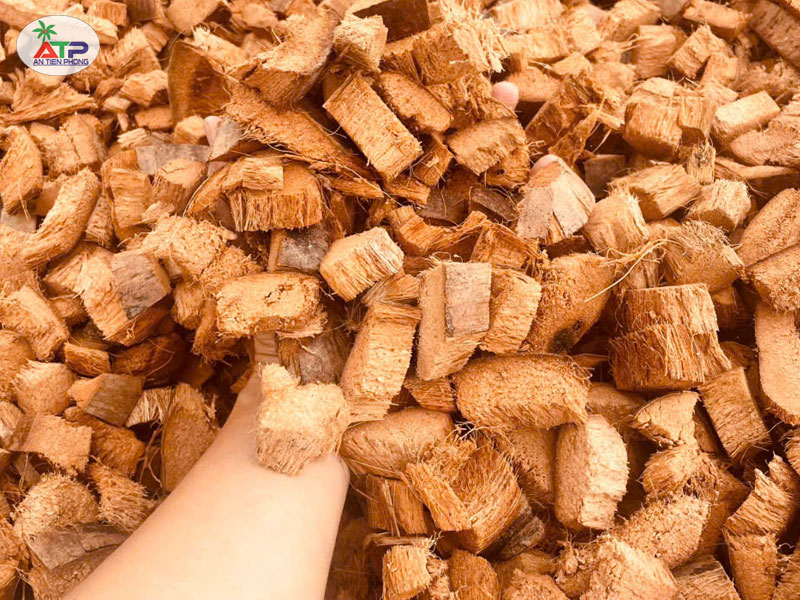
What are coconut husk chips?
Coconut husk chips (or cut coconut fibers) are produced from the outer shell of dried coconuts. After being treated to remove tannins, the husk is cut into small pieces or shredded fibers, which are durable, moisture-retentive, and improve soil aeration for many years.
Key benefits of coconut husk chips
Improve degraded soil: Increase soil porosity, reduce surface crusting and compaction.
Excellent water retention: Can absorb and hold 5–7 times its own weight in water, reducing irrigation frequency.
Root-friendly: Encourages strong root development with deeper and wider growth.
Nutrient retention: Helps soil hold fertilizers longer, minimizing nutrient leaching.
Eco-friendly: 100% natural material, safe for plants and sustainable agriculture.
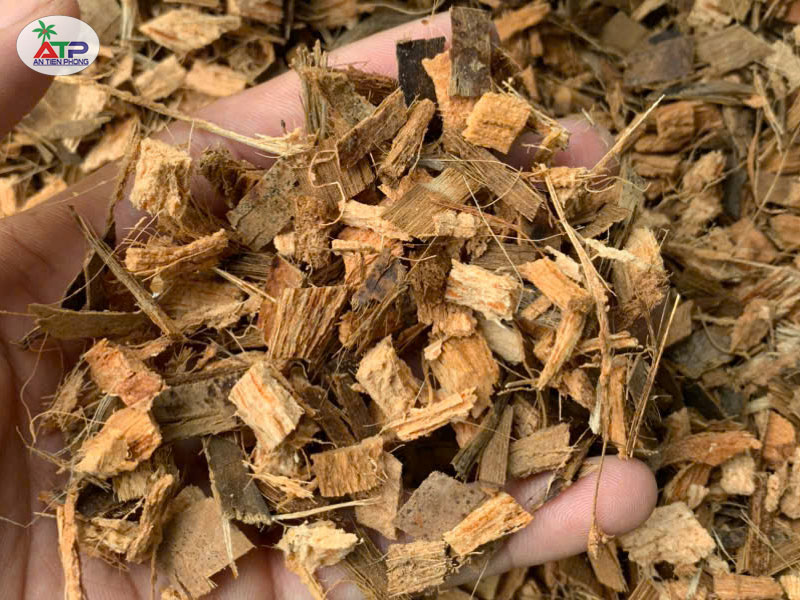
Applications in agriculture
Vegetable cultivation: Mix coconut husk chips with soil to create a light, fertile growing medium.
Fruit trees: Use as mulch to retain moisture and suppress weeds.
Ornamental plants and flowers: Blend with rice husk ash, compost, or organic soil for better growth.
Orchids and potted plants: Use directly as a growing medium, providing strong root support and good aeration.
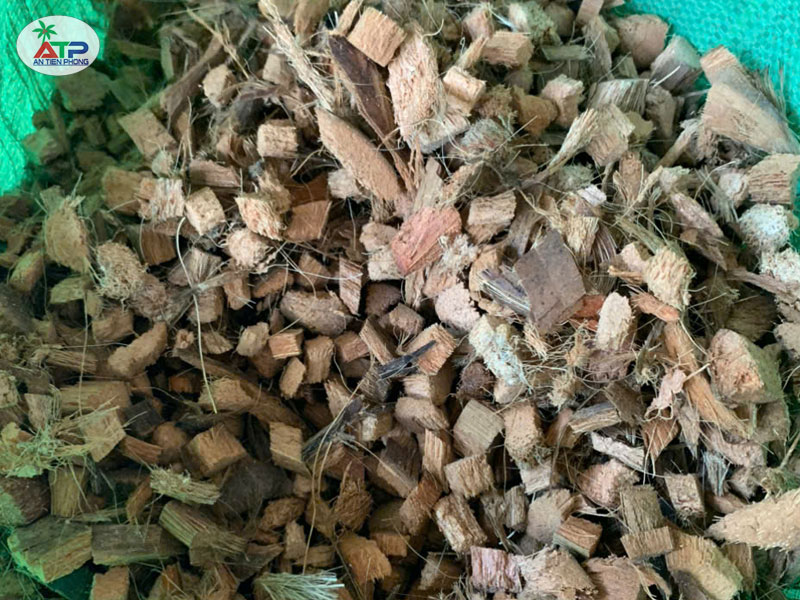
How to use coconut husk chips for soil improvement
Pre-treatment: Wash or soak to remove tannins if not pre-processed.
Soil mixing: Combine 20–30% coconut husk chips with garden soil or potting mix.
Mulching: Spread a 3–5 cm layer around plant bases to conserve moisture and reduce weed growth.
With organic fertilizer: Boosts soil improvement while providing essential nutrients for plants.
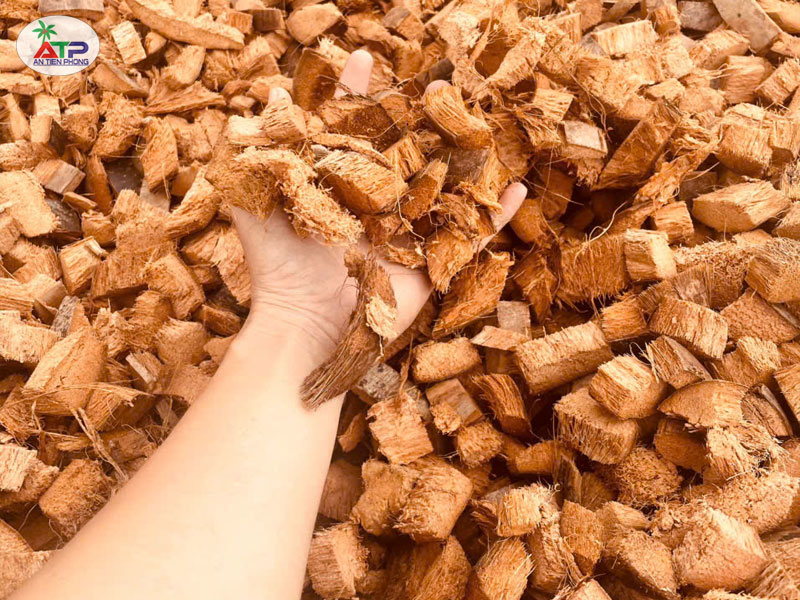
Conclusion
Using coconut husk chips is not only a simple and low-cost method but also delivers long-lasting results in restoring hardened, nutrient-poor soil. It is an intelligent choice for gardeners aiming to enhance yields and practice sustainable farming.

